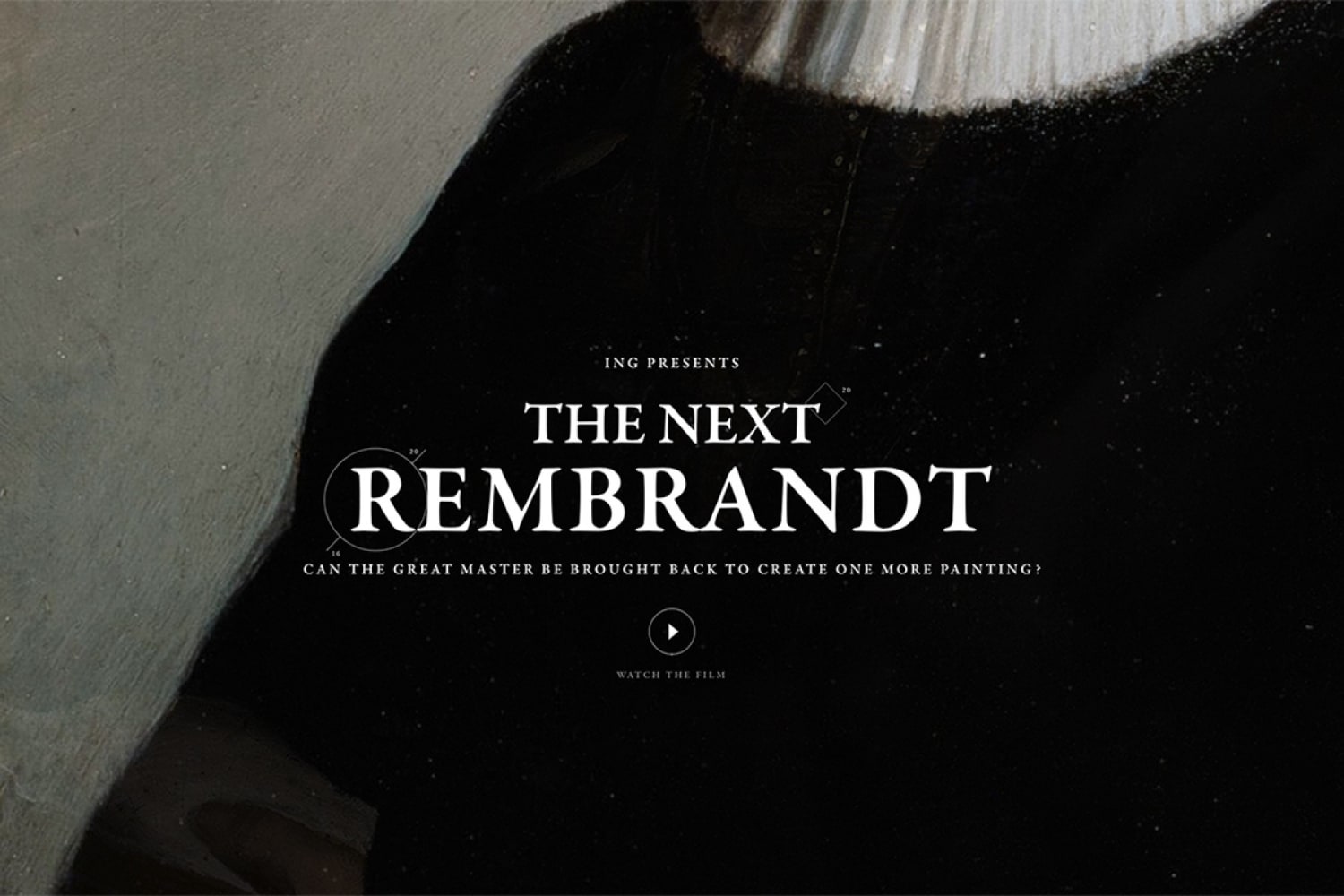This year’s entries were more sophisticated than those in the past, said Cyber Lions jury president Chloe Gottlieb, SVP and executive creative director at R/GA. “The data is not an output from the creativity,” said Gottlieb. “The data is the beginning of the creativity. It’s coming from the digital world and then creating a physical thing in the real world, so in a sense it’s the opposite track of the work that we were judging for cyber just a few years ago.”
Another AI-based entry won the Grand Prix in the Innovation Lions category. Google’s AlphaGo project took a novel approach to the use of deep neural networks, equipping a computer with intelligence capabilities approaching human-like intuition. It was able to beat the world’s best players of Go, an ancient Chinese game often considered to be the world’s most difficult.
“AlphaGo by any measure is incredible, and it encapsulates everything we’re looking for in innovation,” said Innovation Lions jury president Emad Tahtouh, director of applied technology at Finch. “I’m sure we’ll be seeing more and more machine learning projects over the next few years.”
Tahtouh drew a connection between the two AI-based projects. “Much [like] The Next Rembrandt, which uses a very similar sort of process, this is the future of what we’re going to be seeing,” he said.
Speaking at Cannes, Eric Schmidt, CEO of Google parent company Alphabet, drew a sharp line between what his company is currently doing and some of the more alarming scenarios for AI. “The belief in the industry is that we’re going to be able to do limited intuition,” he said. “With those breakthroughs, within the next five years, it will be possible to have really good assistants. We cast this as assisting humans, because I think that’s where the technology is.”
For more on emerging consumer attitudes around artificial intelligence, see our Control Shift trend report.



